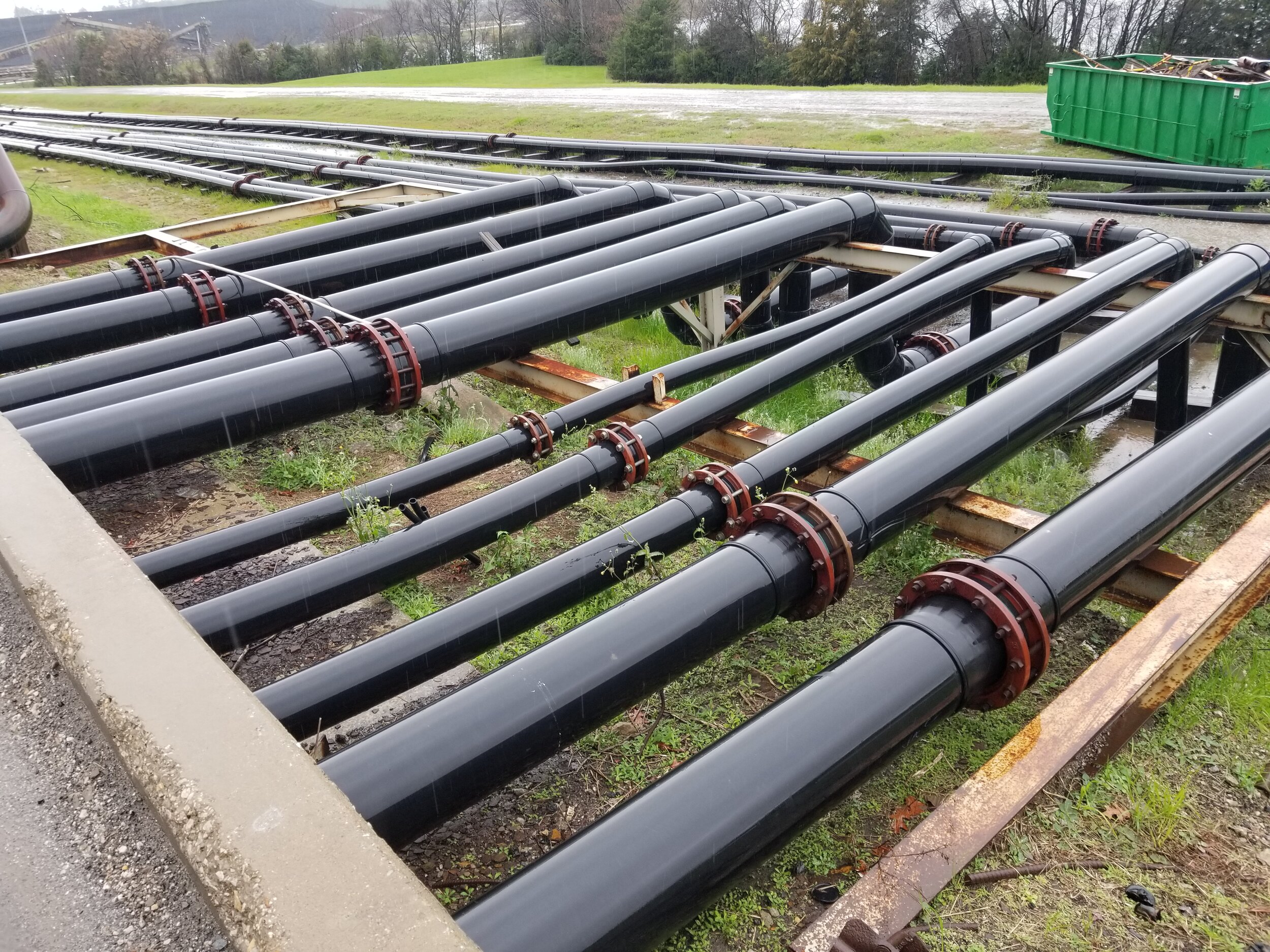Understanding the Secret Benefits of HDPE Pipeline for Water and Wastewater Monitoring
Using HDPE pipeline in water and wastewater management provides many advantages that warrant consideration. Its exceptional resilience and long life expectancy make it a favored option for many jobs. Furthermore, the material's resistance to deterioration and chemical damage boosts its integrity in various environments. Nonetheless, the benefits prolong past just long life and resistance. Discovering its cost-effectiveness and environmental effect discloses a lot more engaging reasons for its widespread fostering in modern-day infrastructure
Remarkable Resilience and Longevity

HDPE pipe attracts attention for its outstanding sturdiness and long life, making it a recommended choice in water administration systems. Created from high-density polyethylene, these pipelines can endure considerable pressure and tension, making certain reliable performance in time. Their robust nature enables them to endure extreme environmental conditions, consisting of temperature level variations and soil activities, which can cause various other products to stop working.
The life expectancy of HDPE pipes typically exceeds half a century, supplying a cost-effective option for communities and markets alike. Additionally, the material's light-weight properties simplify installment, decreasing labor expenses and timeframes. This sturdiness reduces the requirement for frequent repairs or substitutes, even more boosting its financial appeal.
In water administration applications, the dependability of HDPE pipes implies less interruptions and improved service connection, making them essential to sustainable facilities growth. The mix of durability and durability strengthens HDPE's duty as a keystone in effective water management solutions.

Resistance to Deterioration and Chemical Damage
While lots of products yield to rust and chemical damage in time, HDPE pipelines exhibit impressive resistance, making them suitable for various water administration applications. This resilience stems from the molecular structure of high-density polyethylene, which is inherently non-reactive and does not rust like steels or break down from exposure to rough chemicals. Consequently, HDPE is highly effective in environments with hostile substances, such as wastewater systems that may have acids, bases, and organic solvents.
In addition, HDPE pipelines can hold up against environmental factors such as dirt level of acidity and saline problems, additionally boosting their suitability for diverse applications (hdpe pipe in stock Midland TX). Their ability to keep architectural integrity in time minimizes the risk of leakages and failures, which is vital in ensuring the security and dependability of water distribution and wastewater management systems. Consequently, the resistance to rust and chemical damages significantly adds to the overall effectiveness and durability of HDPE piping options
Cost-Effectiveness and Economic Benefits
When considering the financial implications of water administration systems, the cost-effectiveness of HDPE pipelines ends up being obvious. These pipes supply reduced installation and maintenance expenses contrasted to standard products like metal or concrete. Their light-weight nature simplifies transport and installment, resulting in lowered labor costs. In addition, HDPE pipelines exhibit a lengthy life-span, frequently going beyond 50 years, which equates to less substitutes and lasting cost savings.
Furthermore, the resistance of HDPE to deterioration and chemical damages decreases the need for costly fixings and substitutes. The pipes also sustain efficient water circulation, lowering energy prices connected with pumping systems. By alleviating leaks and water loss, HDPE pipelines contribute to significant economic benefits for districts and markets alike. Overall, the preliminary investment in HDPE piping can yield significant monetary returns over internet the lifespan of the water management system, making it a prudent selection for sustainable infrastructure development.
Environmental Sustainability and Decreased Influence

Versatility and Adaptability in Installation
Since of their special residential or commercial properties, HDPE pipelines offer amazing convenience and flexibility in installation, making them appropriate for a broad range of applications. Their lightweight nature enables for easier handling and transport, decreasing labor expenses and installment time. HDPE pipelines can be bent and formed to fit numerous surfaces and job needs, which is specifically helpful in challenging environments.
In addition, their resistance to corrosion and chemical damage allows for setup in varied settings without the need for specialized protective finishes. The capability to fuse joints develops a continual, leak-free system, improving the overall integrity and reliability of the installment. HDPE's flexibility additionally suits ground movement, minimizing the threat of damages in locations susceptible to changing dirt. Generally, these characteristics make HDPE pipelines not only versatile yet also a favored option for water and wastewater management systems.
Often Asked Concerns
How Does HDPE Pipe Contrast to PVC in Water Management Applications?
HDPE pipe provides superior versatility, resistance to corrosion, and toughness contrasted to PVC. Its lighter weight view it promotes less complicated setup, while its lengthy life expectancy lowers substitute costs, making HDPE a recommended option in water administration applications.
What Is the Life-span of HDPE Pipeline Under Typical Conditions?
Under typical problems, HDPE pipelines can have a life-span varying from 50 to 100 years. Their durability and resistance to rust add to their long-term performance in various applications, making them a trustworthy choice for facilities.
Are HDPE Pipeline Recyclable After Their Solution Life?
Yes, HDPE pipelines are recyclable after their life span. hdpe pipe in stock Midland TX. They can be processed and repurposed into brand-new items, substantially decreasing environmental effect and promoting sustainability within the gas line leak repair sector, making them a green selection for piping solutions
What Is the Installment Refine for HDPE Pipes?
The installment process for HDPE pipes entails site preparation, trenching, pipeline fusion or mechanical joining, backfilling, and stress screening. Correct strategies assure a resilient and effective system for transporting water and wastewater efficiently.
Can HDPE Pipes Be Used for Both Safe And Clean and Non-Potable Water Solutions?
Yes, HDPE pipelines can be utilized for both potable and non-potable water systems. Their versatility, resilience, and resistance to deterioration make them ideal for numerous applications, making certain safe and reliable transport of water in different contexts.